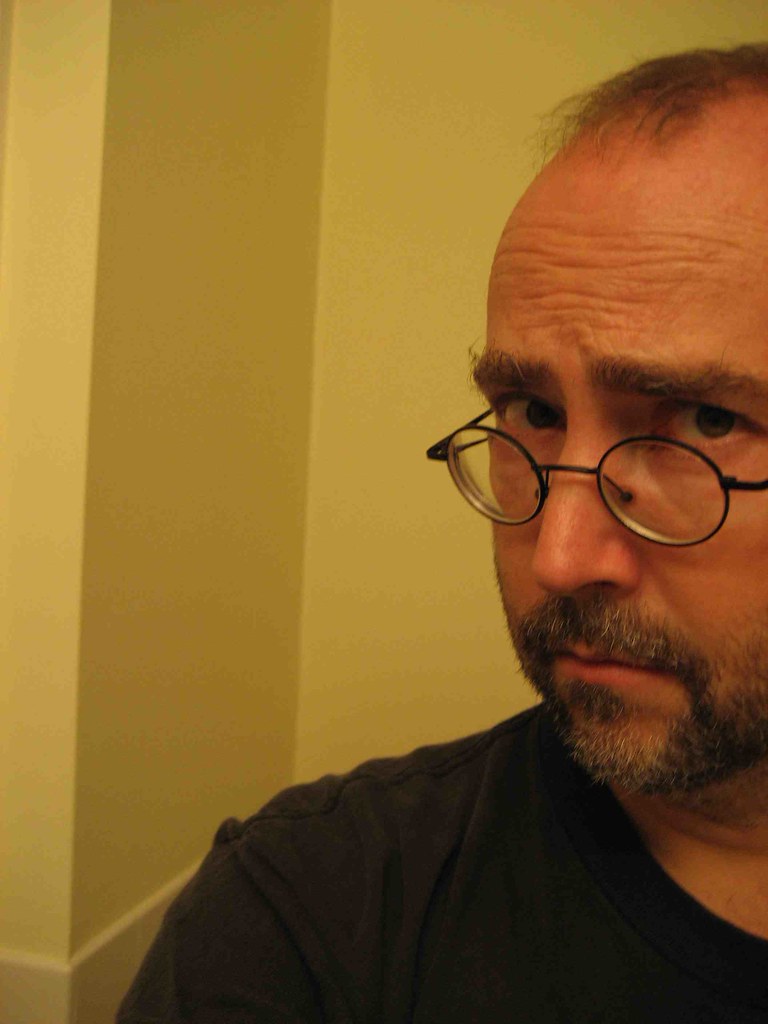
We have a week and a half left of classes here at DePaul. Today, in my Love Poetry class, it's Baudelaire and Cavafy. In preparation for which, I turned up another lovely site: a Cavafy page, put together by the poet's estate, evidently, with translations and a fine selection of essays. I particularly liked Daniel Mendelsohn's "Cavafy and the Erotics of the Lost":
...What makes Cavafy so remarkable was not, as it is too often tempting to think, that he managed to be a poet of desire and a poet of the past, but that he was a poet of desire through the past. It is sometimes hard to remember, given the total authority of even his earliest poetic utterances, that Cavafy did indeed experiment and develop as a thinker and writer over the course of nearly fifty years of creative output; one thing that emerges when we look at the career as a whole is how well and idiosyncratically the poet learned to use the historical as a tool for exploring the personal. He began, indeed, with a poetic and personal crisis, a block: how to speak about homosexual desire. This crisis, he came to understand, could only be solved by means of his intellectual attachment to the Greek cultural inheritance.Full text here; the website as a whole is now in my "links for teachers" column, to your left.
A clue as to why this was so is to be found in the fact that it was specifically the culture of the Hellenistic and Late Antique eras that became the vehicles for the poet’s explorations of the nature of desire in time. These were, after all, ages that were themselves haunted by the past—torn (as the narrator of Cavafy’s erotic lyrics so often is) between the then and the now. That tension, in turn, was reflected by another, a geographical one: between the here and the there. Few of the poems that many think of as being about ancient Greece are, in fact, set in Greece itself. Instead, nearly all of the poems of the past are set in cultural outposts of Hellenistic Greece—Seleucia in Asia Minor, Alexandria in Egypt—places that were hybrids of local and Greek cultures. That were often divided, in other words, between where they were and what they wanted to be.
It was a Hellenistic knack for conflation, for mediating between seemingly distinct categories, that allowed Cavafy to achieve a new kind of poetry, a great modern poetry in which two key elements that were present from the very beginning— fervent desire, on the one hand, and painful absence, on the other; the erotic and what I call “the lost” (a category that includes whole civilizations as well as beautiful boys)—gradually came together over the course of some crucial years in his artistic growth in a way that created a third element, much as the simultaneous sounding of two notes will create a third, an overtone. In Cavafy’s case, the overtone was a profound self-consciousness of the power of his own art, and profound insight into the nature of poetry itself. In the end, what he united was was not merely the ancient and the modern, or the Hellenic and Hellenistic, the European and the North African, the European and western Asian; but indeed the speakable and the unspeakable, shame and pride, the latent and patent, the real and the imagined—and, in the greatest work, the subject and the object, desirer and desired, the writer and his inspiration, the act of love and the act of poetry.




